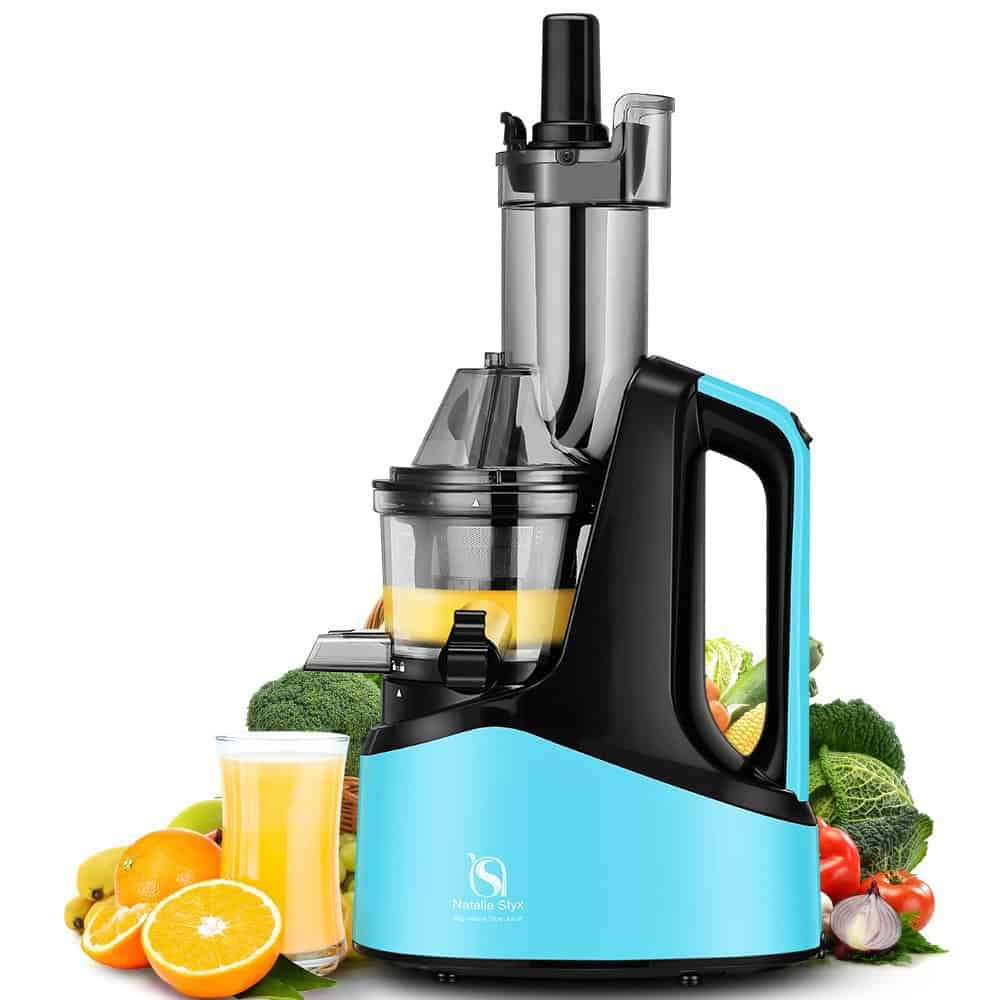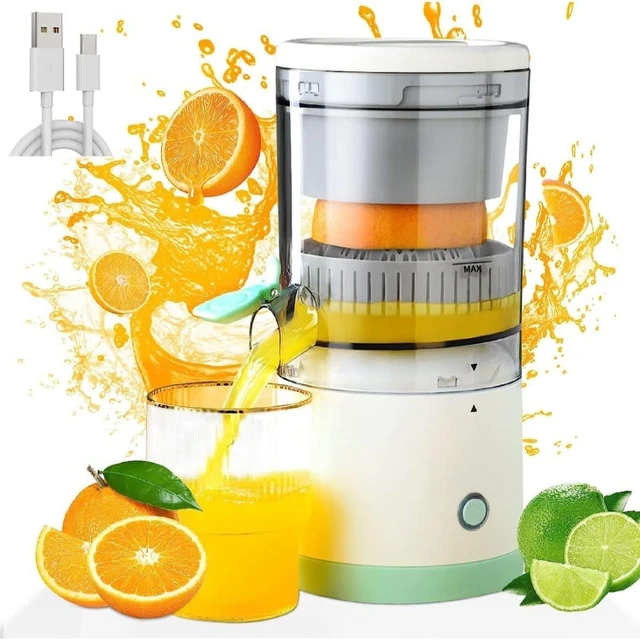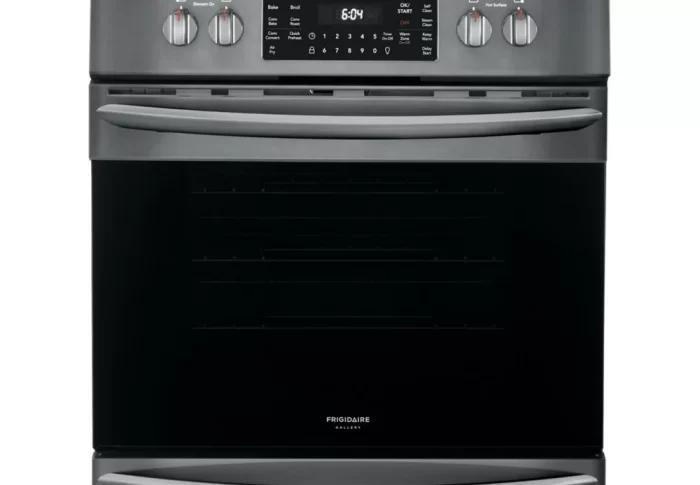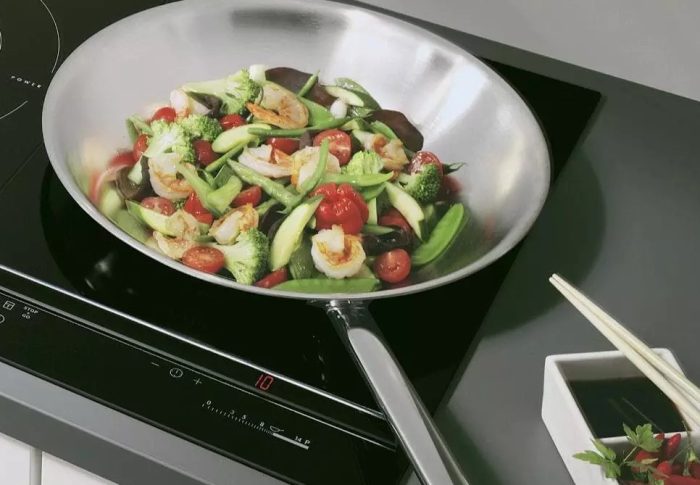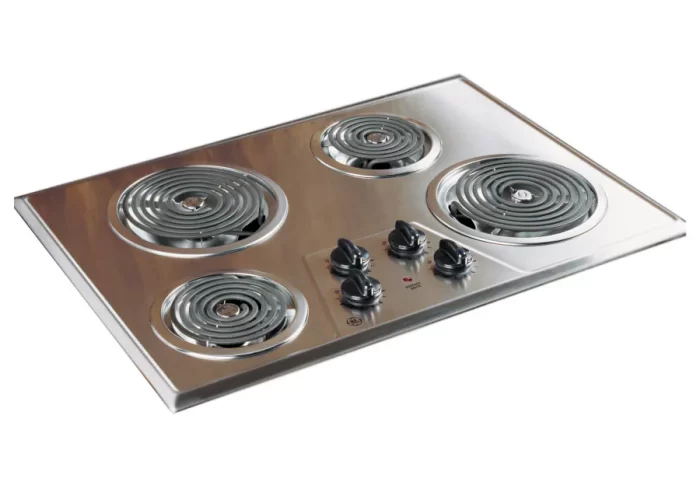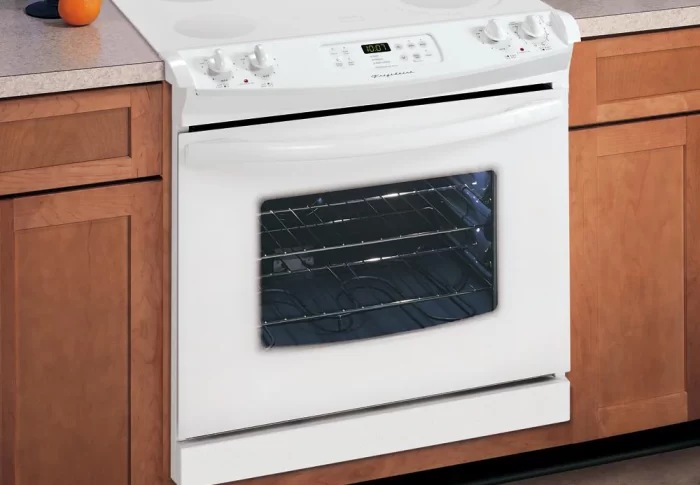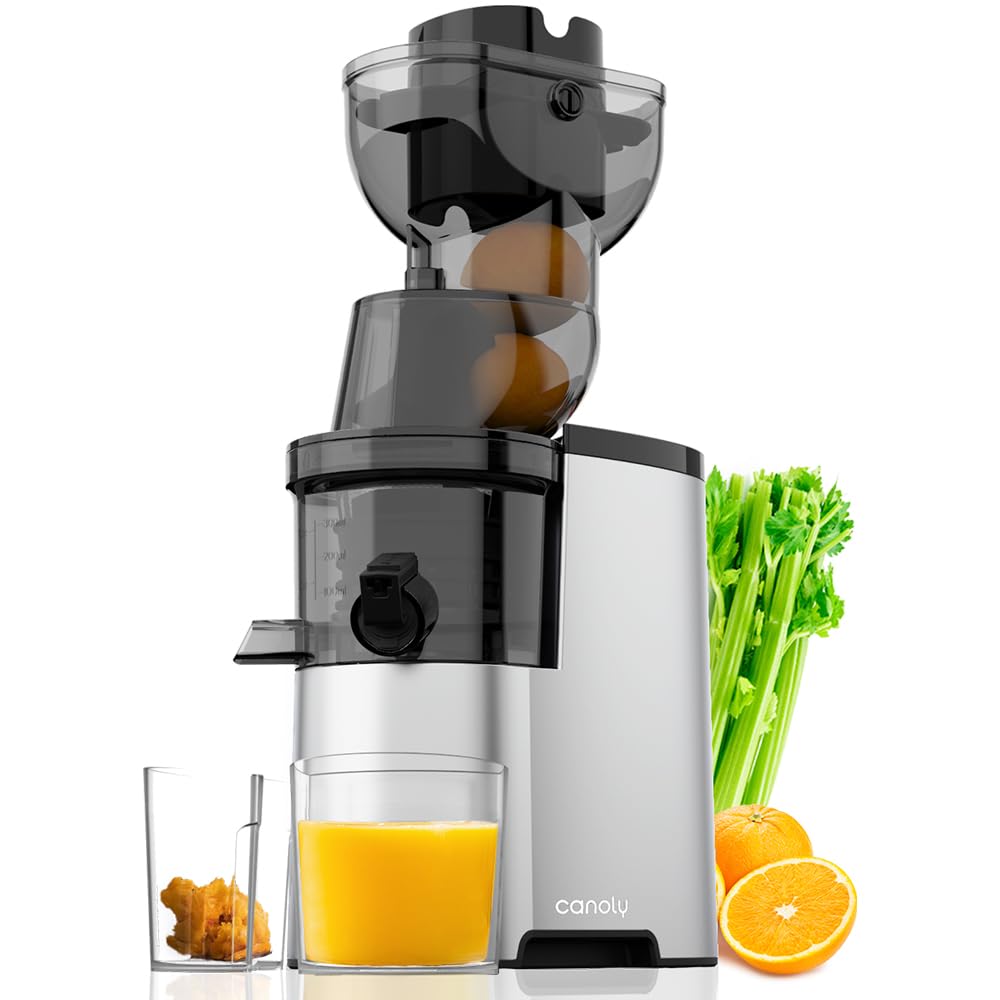
Difference Between Juicer and Cold Press
Understanding the Basics: Juicer vs. Cold Press
When it comes to extracting juice from fruits and vegetables, two popular tools dominate the kitchen countertop—juicers and cold press juicers. At first glance, they may appear to serve the same purpose, but their methods and outcomes can significantly differ.
The Mechanics of Juice Extraction
Traditional Juicers: How They Work
Traditional juicers, often referred to simply as juicers, operate using high-speed blades. These machines shred the fruits and vegetables before spinning at high RPMs (revolutions per minute) to extract the juice. The process is relatively quick and easy, making it a preferred choice for many households. However, this speed comes at a cost.
Cold Press Juicers: A Different Approach
Cold press juicers, or masticating juicers, use a different technology altogether. Instead of blades, they utilize an auger to crush and grind the produce slowly. This method ensures minimal heat is generated during the process, thus preserving the nutrients and enzymes crucial for optimal health. Cold pressing is often regarded as a more natural and healthier method of juicing.
The Science Behind Juice Extraction
The fundamental difference between the two methods lies in how they impact the juice’s nutritional content. Juicing with high-speed grinders can introduce heat and oxygen into the juice, potentially damaging heat-sensitive nutrients like vitamin C and certain antioxidants. On the other hand, cold press juicing minimizes oxidation and heat exposure, allowing more nutrients to remain intact.
Nutritional Benefits of Cold Press Juicing
Preserving Nutrients
The key advantage of cold press juicing is nutrient retention. The slow extraction process helps maintain vitamins, minerals, and enzymes, which can be lost when using high-speed traditional juicers. Research indicates that cold-pressed juices often contain higher levels of antioxidants and essential nutrients.
Enhancing Flavor
Another notable benefit is flavor. Cold press juices tend to have richer and more vibrant flavors than their traditionally juiced counterparts. The preservation of natural compounds helps create a more delicious taste, making cold press juices a more enjoyable experience for many consumers.
Longer Shelf Life
Cold press juices typically have a longer shelf life due to reduced oxidation. While traditional juices may only last for a day or two in the fridge, cold-pressed juices can often stay fresh for up to 72 hours, making them more convenient for advanced meal preparation.
Texture and Consistency: What to Expect
Juicer: The Chunky Option
Traditional juicers often produce juice with a frothy and sometimes pulpy texture. This texture can be unappealing if you prefer a smooth drink. The high-speed spinning creates bubbles, leading to foam on the top of the juice.
Cold Press: Smooth and Silky
In contrast, cold press juices tend to have a smoother, silkier texture due to the thorough extraction process. The absence of elevation in temperature and oxygenation permits more liquid content and fewer solids to remain in the juice.
Cleaning and Maintenance
Traditional Juicers: Faster Cleanup
One of the major advantages of traditional juicers is the quick cleanup process. They typically have fewer parts and can be cleaned relatively fast. Most models also come with dishwasher-safe components, making them user-friendly.
Cold Press Juicers: A Bit More Work
Cleaning a cold press juicer can be more time-consuming due to the intricate parts and design. The auger and filters need to be carefully cleaned to avoid pulp build-up. Some users find this extra effort worth it for the superior juice quality, while others may be deterred.
Cost Considerations
Juicers: Budget-Friendly Choices
Traditional juicers are generally more affordable than their cold press counterparts. This cost-effectiveness makes them accessible to a wider range of consumers. However, when considering long-term usage and health benefits, the initial investment might not represent the best value.
Cold Press Juicers: A Higher Initial Investment
Cold press juicers typically carry a higher price tag due to their advanced technology and additional features. Many health enthusiasts consider this initial investment justifiable, thanks to the quality of juice produced. The durability of cold press juicers also means they can last longer than traditional options, potentially saving you money in the long run.
Versatility in Juice Recipes
Traditional Juicers: Limited Ingredient Range
While traditional juicers can easily handle softer fruits like oranges or overripe bananas, they struggle with leafy greens and hard vegetables such as carrots. This limitation can restrict the variety of juices you can create, particularly if you’re looking to maximize your nutrient intake.
Cold Press Juicers: The Versatile Champion
Cold press juicers shine when it comes to versatility. They can effectively extract juice from a wider range of fruits and vegetables, including leafy greens, herbs, and hard vegetables. This allows you to experiment with different juice combinations, making it easier to incorporate a diverse range of nutrients into your diet.
Environmental Impact: A Consideration Worth Noticing
Traditional Juicers: Material Concerns
Many traditional juicers are made from plastic, which can have a significant environmental impact. After their short lifespan ends, they often end up in landfills. Additionally, the high-speed operation leads to more oxidation, resulting in more wasted juice.
Cold Press Juicers: Sustainability
On the other hand, cold press juicers are often built with durability in mind. Many models are stainless steel or high-quality plastic, making them easier to recycle. Furthermore, the ability to make juice with more nutrients contributes positively to food sustainability; the fresher the juice, the less food waste you have to deal with.
 Popular Brands and Models
Popular Brands and Models
Traditional Juicers: Examples and Options
Some well-known traditional juicer brands include Jack LaLanne, Breville, and Cuisinart. These brands offer various models, from entry-level machines to more advanced versions. They are user-friendly and come in several attractive designs ideal for most kitchen aesthetics.
Cold Press Juicers: Leading Names
Popular cold press juicer brands include Omega, Hurom, and Kuvings. These brands focus more on producing high-quality juicers that preserve the nutrients. Although they can be more expensive, users who prioritize health often find these products worth the investment.
User Experience: What to Expect
Juicer: Quick and Easy
Users often appreciate traditional juicers for their ease of use and quick juice-making abilities. If you’re in a hurry and just want a quick drink, a traditional juicer is the go-to option. However, the speed may lead to compromises in nutrient quality, taste, and texture.
Cold Press: Patience Pays Off
Cold press juicers require a bit more patience. Creating juice with one may take longer, but many users find it rewarding due to the superior flavor, nutrition, and overall quality of the juice. Those dedicated to incorporating healthy juices into their diet often cherish the experience as part of a well-balanced lifestyle.
Conclusion: Making the Right Choice for Your Juicing Needs
The difference between juicer and cold press lies mainly in their methods, nutritional output, and user experience. Traditional juicers are quick and easy but may compromise on flavor and nutrition. Meanwhile, cold press juicers may demand more time and investment but reward users with high-quality juice packed with essential nutrients.
Ultimately, the choice comes down to your lifestyle, dietary needs, and personal preferences. By understanding the key differences between these two juicing methods, you can make an informed decision that aligns with your health goals and daily routine. Whether you opt for the high-speed convenience of a traditional juicer or the nutrient-rich benefits of a cold press juicer, both options can help you incorporate more fruits and vegetables into your diet, contributing to a healthier lifestyle.

